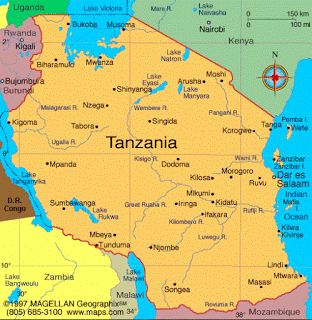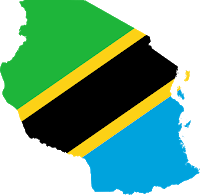TANZANIA: Religious leaders lobby Government for Health Insurance for All by 2025

Religious leaders under the umbrella of Interfaith Tanzania including the Tanzania Episcopal Conference (TEC), BAKWATA and the CCT have conducted a research on health issues and came up with report that 64% of Tanzanians have no health insurance.
This came after the Religious leaders have seen a need of improving health services to Tanzanians using internally generated income, arguing that by 2025, ninety-nine percent of Tanzanians must to have health insurance.
The Interfaith Research Committee submitted their report to Religious leaders, which was discussed in their meeting of October 3rd this year at St. Gasper Hall in Dodoma. On October 4th, the Religious leaders submitted it to Government through the Ministries of Health and Social Welfare; Community Development, Gender and Children.
Dr. Musa Kulaba, a researcher within the Interfaith Committee, said that the report is answering the question, ‘Can we maximize access to social security in the Health sector through income or financial revenue?’ He says that the report shows that Tanzania could increase access to Universal Health Coverage through its own tax resource without relying on funding from development partners.
The report proposes temporary and long-term alternatives that can help the Government help low income earners and the poor to get Health Insurance and increase the registration of a Health Insurance from 32% to 99% by 2025.
Statistics show that 32% of Tanzanians have health insurance; 8% joined the National Health Insurance Fund (NHIF); 23% have joined Community Health Fund; while 1% joined the private companies that provide Health Insurance (National Health Insurance Funds, 2017; Annual Fact Sheet 2016/2017).
According to research findings, by making very small changes in tax policies, Tanzania Government can afford to pay for at lease 28% of the poor and allocate matching funds for those who have not yet joined. These funds may be realized by establishment of a cash fenced revenue mechanism, such as mining and other sources without raising taxes, and directing them to cover the health insurance.
By targeting to help 17% of citizens each year to have health insurance, Government can increase access to health insurance from 32% to 91 % within two years; and up to 99% by 2025.
Of the 64%, almost 28% of 14.3 million are poor and some are assisted by TASAF. But Tanzania has a role in helping the poor so that by the year 2025, ninety-nine percent of Tanzanians would access to health care and health insurance.
In the discussion, the Secretary-General of Tanzania Episcopal Conference (TEC), Fr. Dr. Charles Kitima, emphasized the need for every Tanzanian to have a health insurance to get health care from domestic revenue.
“We are Religious leaders not Government officials, but as spiritual leaders we have the responsibility to help Tanzanians who are our believers to find answers to their existential questions. We are only persuading Government through this scientific research which was professionally conducted and this is what is happening in the country,” he said.
Receiving the report from the Religious leaders, Government through Secretary-General of the Ministry of Health Social and Social Welfare, Dr. John Jingu said that Government of Tanzania, under the leadership of President John Magufuli, puts greatest emphasis on serving the poor and the adults aged 60 to receiving free medical treatment.
“Government since independence has been fighting against the three enemies who were ignorant, diseases and poverty. We are much impressed by you the religious leaders who dare to do scientific research and help to make us responsible. No one can refuse a proposal like this. Government will make sure that action is taken on the proposal and the resolutions,” said Dr. Jingu.
∽End∽
By Sarah Pelaji


